"African-American Women: Where They Stand"
 The average African American woman faces a lot of issues in modern day America. Its no wonder NBC news decided to take a look at these issues in a new series "African-American Women: Where They Stand." This series which has been airing throughout the week of November 26 covers a wide range of issues from the roles of African-American women in the '08 Presidential race to the increased health-risks that they need to be concerned about.
The average African American woman faces a lot of issues in modern day America. Its no wonder NBC news decided to take a look at these issues in a new series "African-American Women: Where They Stand." This series which has been airing throughout the week of November 26 covers a wide range of issues from the roles of African-American women in the '08 Presidential race to the increased health-risks that they need to be concerned about.
Monday's episode Rehema Ellis touched on African-American women's progress in the education. Big mama has always taught the black woman to learn to take care of herself with or without a husband so it is imperative that young African American women develop these skills.
Find your soulmate on AfroRomance










This is happening now!
The number of African American women earning college degrees and taking up leadership roles in today’s society is impressive to say the least. Nearly two-thirds of African-American undergraduates are women. And the ratio of women to men in black colleges is 7 to 1. This achievement gap is beyond belief.
However, going by the above statistics, most people automatically assume that a lot of African American women own their own businesses. Sadly, this is not the case. Just like other female business owners, there still lacks some parity with men in some key areas. Given the above statistics and the fact that majority of African American women are undergraduates, one tends to wonder why there exists this disparity. So there is still a lot to be done.
On Tuesday, Dr. Nancy Snyderman discussed the increased risks for breast cancer for African-American women. Although black women are less likely to get breast cancer in comparison to white women, Nancy pointed out that when they do, they are nearly 30% more likely to die from it than white women and are less likely to get life-saving treatments. Pre-menopausal black women are more than twice as likely to get a more aggressive form of the disease. Other issues discussed were the mortality rates for African-American women being higher than any other racial or ethnic group.
Dr. Snyderman will profile one of the only oncologists in the world who specializes in the treatment of African-American women with breast cancer.
Come Wednesday, Rehema Ellis looks at relationships within the African-American female community. Many people will agree that the gender disparity in education and business among African-Americans has a spill over effect on relationships that African American women have. And like I said above, big mama taught women to move on with their lives even without a husband. According to some, these implications have redefined Black America's family and social structure. The percentage of African American women between 25-54 who have never been married has doubled over the fifty years, from 20% to 40%. This is more than that of white women (16%).
Question to ask is, are black women’s empowerment and achievements making them neglect family values and family life? Is this positive or negative?
Ron Allen asks one good question on Thursday, by taking viewers to South Carolina: “Will race trump gender or gender trump race?᾿ According to statistics, African American women made up nearly 30 percent of all democratic primary voters in 2004. This year however, polls indicate a significant number are undecided. The point of contention is whether to choose the first African-American or first female Presidential candidate. Allen talks with the undecided and state directors for the Clinton and Obama campaigns, who happen to be African-American women.
On the final day of this interesting series, Dr. Snyderman will bring out the frightening statistic that African-American women are 85% more likely to get diabetes, a major complication for heart disease. And, just like the case of breast cancer, more black women die from heart disease than white women.
Mara Schiavocampo, Digital Correspondent for "Nightly News," will also address two most controversial topics in the African - American community: interracial dating and the impact of hip hop music on black women. Most will agree that interracial dating is a growing trend in the African - American community. According to an Essence.com poll, 81% of the participants approved of black women dating non- black men. But what about the attitude of black women themselves dating non-black men? Do the statistics reflect the true picture on the ground?
To address this, Schiavocampo will talk to experts about the trend of interracial dating and discuss how this defines the "Black family" of the future. Schiavocampo will convene a panel of leading black men and women from the hip-hop industry to discuss and debate on whether hip hop lyrics and videos positively or negatively affect black women. How do these portrayals affect relationships between black women and black men?
Having looked at the issues that will be discussed, the above series has stirred some negative opinions. One blogger felt the first part of the series seemed to be explaining why black men are doing so poorly instead of enumerating all of the reasons that black women are doing so well.
"They make it seem like black women aren’t really making such great strides, and it’s just that the system is failing black men. Surely you can’t discuss one without the other to some extent — if everything was 50/50 between black males and females this series probably wouldn’t exist — but it’s unfortunate that positive news about black women must go hand-in-hand with dismal news about black men. Dismal news that also summarily ignores the large number of black men who are college-educated and/or successful."
Another one said that part one, much as it was meant to be about the black woman ended up being about the African American man “as usual᾿. This is what Rehema Ellis had to say “I have read almost all of the blog entries that we've received. Many of them were complimentary. But some were angry or disappointed in Part One, which I wrote, saying it had not lived up to all of their expectations.᾿ (Click here for more...)
Well, there you have it. What are your thoughts on this focus on the African American woman?
Tags: African American women, issues facing the black woman, African American Women: Where They Stand
13 responses to ""African-American Women: Where They Stand""
Leave a reply
You must be logged in to post a comment.
-

-
Member says:Posted: 08 Apr 08
Thank you for talking about these important issues. http://blacksinglesblacksingles.spaces.live.com/blog/
Reply to this comment -
 maz says:Posted: 07 Mar 08
maz says:Posted: 07 Mar 08type in black women where they stand on YOUTUBE.COM there a lot fo clips there. the success of the black woman is tuly amazing, dont forget to check someof the clis from the show out.
Reply to this comment -
 Juelz says:Posted: 20 Dec 07
Juelz says:Posted: 20 Dec 07I don't think many of us know about the whole Vitamin D thing. My doctor told me about it a few months ago and added it to my regimen (she's always adding something). Thanks for the info.
Reply to this comment -
 drkbrnsugah says:Posted: 20 Dec 07
drkbrnsugah says:Posted: 20 Dec 07Indigo Ocean. Thank you very much for that wonderful information. I am a very dark skinned sistah'. I reside in Arizona, the valley of the sun. I am taking it all to heart. Which is most precious to me and will be making a change in my lifestyle with the Vitamin D.
Reply to this comment -
 fala says:Posted: 13 Dec 07
fala says:Posted: 13 Dec 07G6, check out the website. I think it's still there so you can read it.
Reply to this comment -
 cocokisses says:Posted: 13 Dec 07
cocokisses says:Posted: 13 Dec 07Me too Fala...on any other subject, Lord knows we have a lot to say :)
Reply to this comment -
 girlsixdiva says:Posted: 13 Dec 07
girlsixdiva says:Posted: 13 Dec 07I missed this show. Anyone know if it will be coming on again?
Reply to this comment -
 cocokisses says:Posted: 10 Dec 07
cocokisses says:Posted: 10 Dec 07Indigo, thank you for that information. It was something that I certainly was not aware of. I don't like milk, but will find a way to get some vitamin D. Thanks again for the valuable info.
Reply to this comment -
 fala says:Posted: 08 Dec 07
fala says:Posted: 08 Dec 07I'm surprised more black women didn't respond to this one.
Reply to this comment -
 OceansDeep says:Posted: 06 Dec 07
OceansDeep says:Posted: 06 Dec 07I don't have a TV so didn't see these shows, but I hope they mentioned the role skin pigmentations effect has on vitamin D production when they talked about higher rates of heart disease and diabetes and less resistance to cancer in black women. I somehow doubt they did, because for some crazy reason, everyone seems to want to pretend that actual physical differences between blacks and whites don't exist and that all quality of life disparites are about socio-economic oppression. The fact is, study after study has conclusively shown the key role vitamin D plays in staving off heart disease, cancer and diabetes. And it has long been well known that dark skin needs far more time in the sun to produce adequate amounts of vitamin D than lighter skin. Whites in North America need about 10-20 minutes a day of direct sunlight (without sunblock interfering) while caramel colored skin needs more like 5 hours of direct sunlight each day to fulfill health requirements. Even though vitamin D is added to milk, how many of you are getting your 4 glasses a day of the stuff? And it seems the minimum daily requirement set for vitamin D is too low anyway and that one really should be getting twice as much for the full health benefits provided by vitamin D (which is actually a hormone, not a vitamin). I strongly suggest that any person with a lot of skin pigmentation do some serious research on the internet about vitamin D and pass the word along to anyone they care about. We simply must be taking supplements, unless we live in a tropical region where we are outdoors at least a few hours each day with enough bare skin basking in the sun. I myself have started taking cod liver oil capsules, but you can also get regular pills. Just take it with a calcium supplement, glass of milk, cup of yogurt, or some other type of food that has calcium, since the two work together for absorption and use by the body.
Reply to this comment -
 cocokisses says:Posted: 04 Dec 07
cocokisses says:Posted: 04 Dec 07I hope Black women everywhere are able to watch this series. It will be good to see something other than the stereotypes we see of black women on tv. I was really impressed with the amount of black women getting their degrees. Big Momma is right...get your education so you can take care of yourself and your family. Great article Ria...thanks for bringing to the forefront something positive for women of color to watch and relate to.
Reply to this comment -
 fala says:Posted: 04 Dec 07
fala says:Posted: 04 Dec 07Thanks for the heads up about this series Ria and the link. I'm looking foward to reading more about it. It's so rare that black women are ever portrayed prominently in the media in a positive way or looked at in a serious and intellectual manner. I can't wait to watch the series and read peoples' comments on the NBC blog site. Thanks again Ria!
Reply to this comment










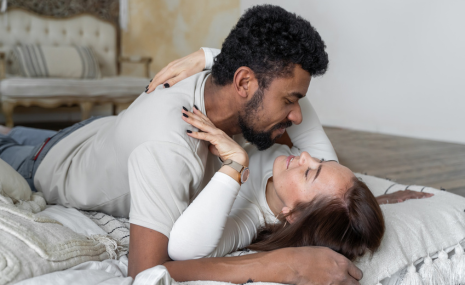








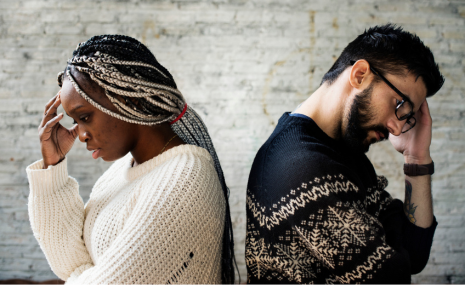


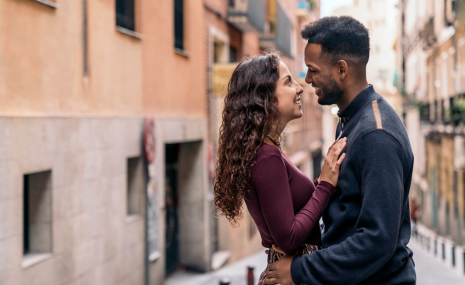
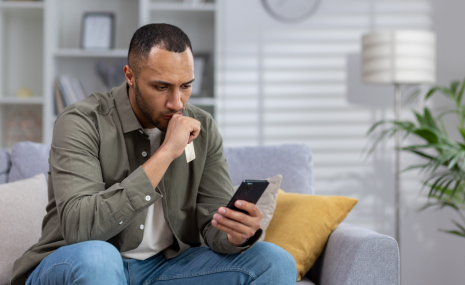
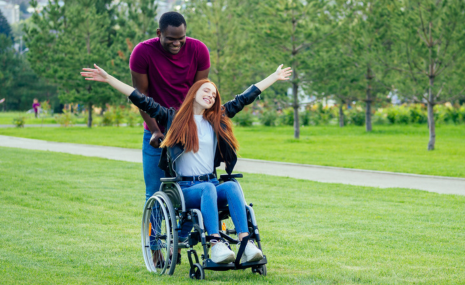







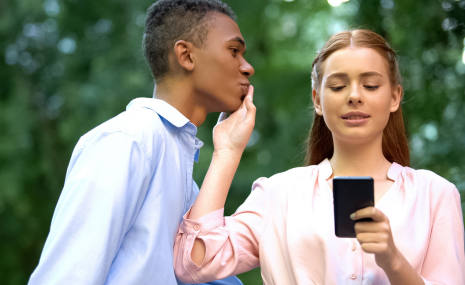

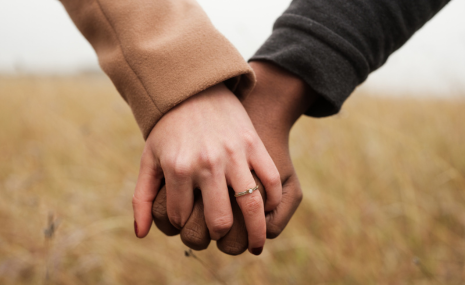
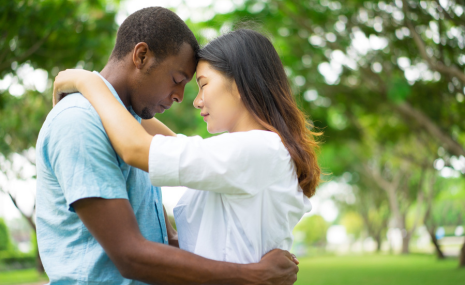
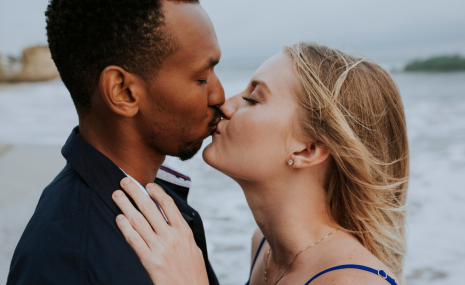

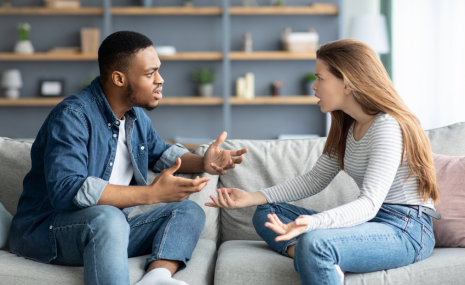
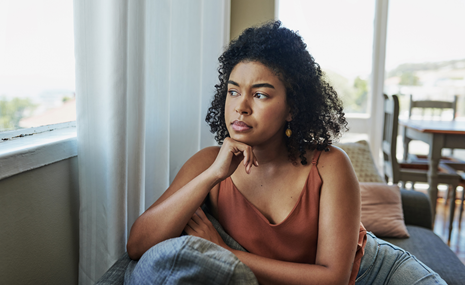
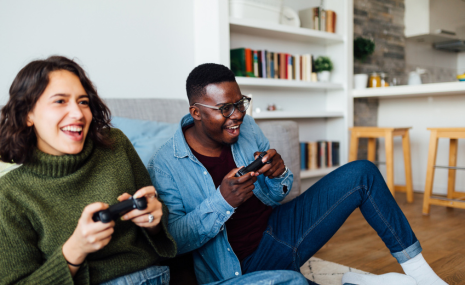
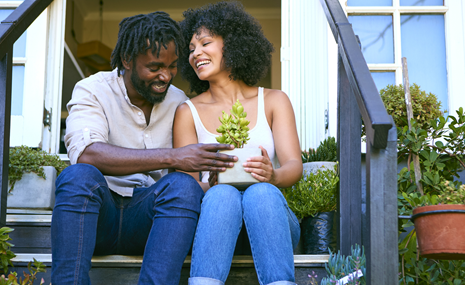
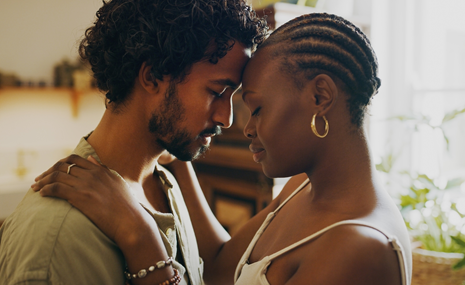



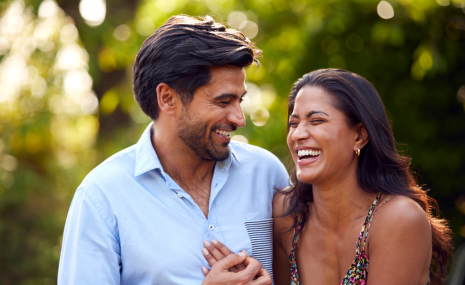
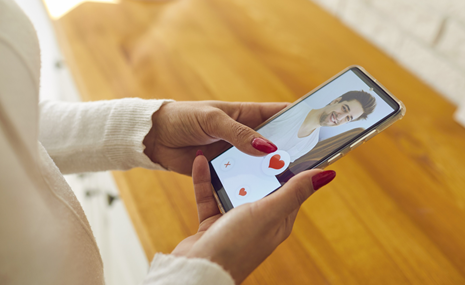
















































I feel that black women have had to protect and carry the black family so they could survive in this country. But? make no mistake the black man is no coward or wimp. He lost his life to protect his family also.Black women are the most strongest and faithful women on the planet!.I feel that even when we wanted our men to take the lead and they did not know how, still we protected him against a society that hungers after his life. Black women are great mothers, lovers, smart and fun. I feel sorry for those portion of sista's that have come to drugs, jail and losing their babies due to inner pain and hopelessness. My prayer is for any sista's out there wanting to be straight and on the right track. What the world doesn't realize with all of our eduaction, strength, faith beyond compare, and a vast number of us are stable good mommies. We are very loving, gentle, nurturing and need love back. I are really cool women who do not always act loud or unruly and embarrassing. We love life! and life loves us back...